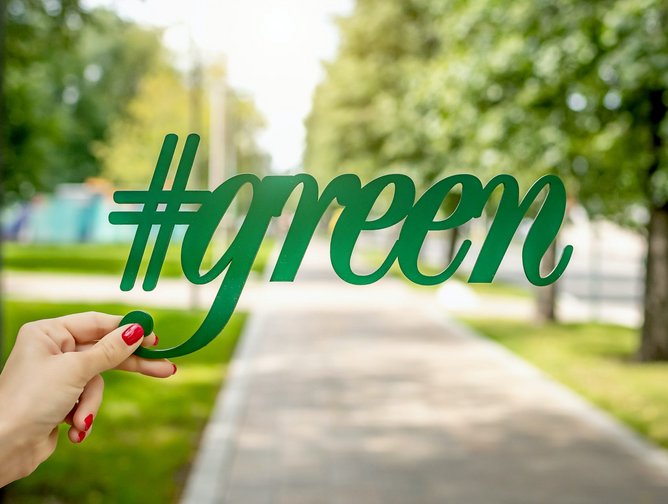Plastics sustainability depends on scaling-up good practices

Scaling up good practices can boost sustainability of plastics according to a new report by the European Environment Agency.
The report is based on the EEA briefing ‘Pathways towards circular plastics in Europe — good practice examples from countries, business and citizens’.
Intended to "inspire businesses, policymakers and citizens to make the production and consumption of plastics more circular and sustainable", the EEA briefing itself is based on an underpinning technical report by the EEA’s European Topic Centre on Circular Economy and Resource Use.
The briefing outlines, three main pathways which can make the production and consumption of plastics more sustainable.
These are:
Smarter use of plastics
Increased circularity
More renewable materials
The report breaks down the pathways as follows:
1. Using plastics in a smarter way
This include reducing unnecessary packaging and single-use products, as well as more circular design that makes products last longer and easier to reuse and repair.
Other examples to use plastics in a smarter way also already exist across Europe in the form of gear rentals, car and tool sharing and, for example, reusing crates and pallets in the food sector, the EEA briefing notes.
2. Increasing circularity
This requires longer use and reuse of products and better collection, sorting and recycling of plastics. Good practice examples include stores that offer to take back their own products at the end of product life-cycle, which can improve the quality of recycled materials or enable some type of reuse.
The role of consumers is also critical in choosing what to buy and ensuring proper recycling.
Overall, many European markets of recycled raw materials, including for mixed plastics, are not functioning well, according to a recent EEA analysis.
3. Increasing the use of renewable materials
This third, involves for example, using more recyclable, bio-based plastics, instead of relying solely on fossil fuels and their imports.

The report states that according to the EEA briefing, increasing the use of renewable materials should focus on the second- and third-generation feedstocks that do not compete with food and feed production.
The report states: "Businesses, policymakers and citizens can all contribute to more sustainable and circular plastics production and consumption, the EEA briefing concludes.
There is vast potential in scaling up circular business models, strengthening policies, increasing demand for sustainable products, reducing unnecessary consumption and improving recycling.
A complementary report, ‘The fate of EU plastic waste’, by the EEA’s European Topic Centre on Circular Economy and Resource Use, investigates the dynamics of plastic waste trade within the EU and exports from the EU.
The report demonstrates that EU plastic waste exports continue to decline and are concentrated in few receiving countries. Raising environmental concerns, case study results also indicate that plastic waste leaving the EU is of much lower quality than that traded within the EU,and that receiving countries often lack proper waste management infrastructure."
- Three key takeaways: Responsible procurement AI use reportTechnology & AI
- Freight procurement technology solutions market to boomTechnology & AI
- The Big 7 challenges for CPOs in 2023: Insights from MintecProcurement Strategy
- Circularise forms alliance for circular economy in JapanSustainable Sourcing






